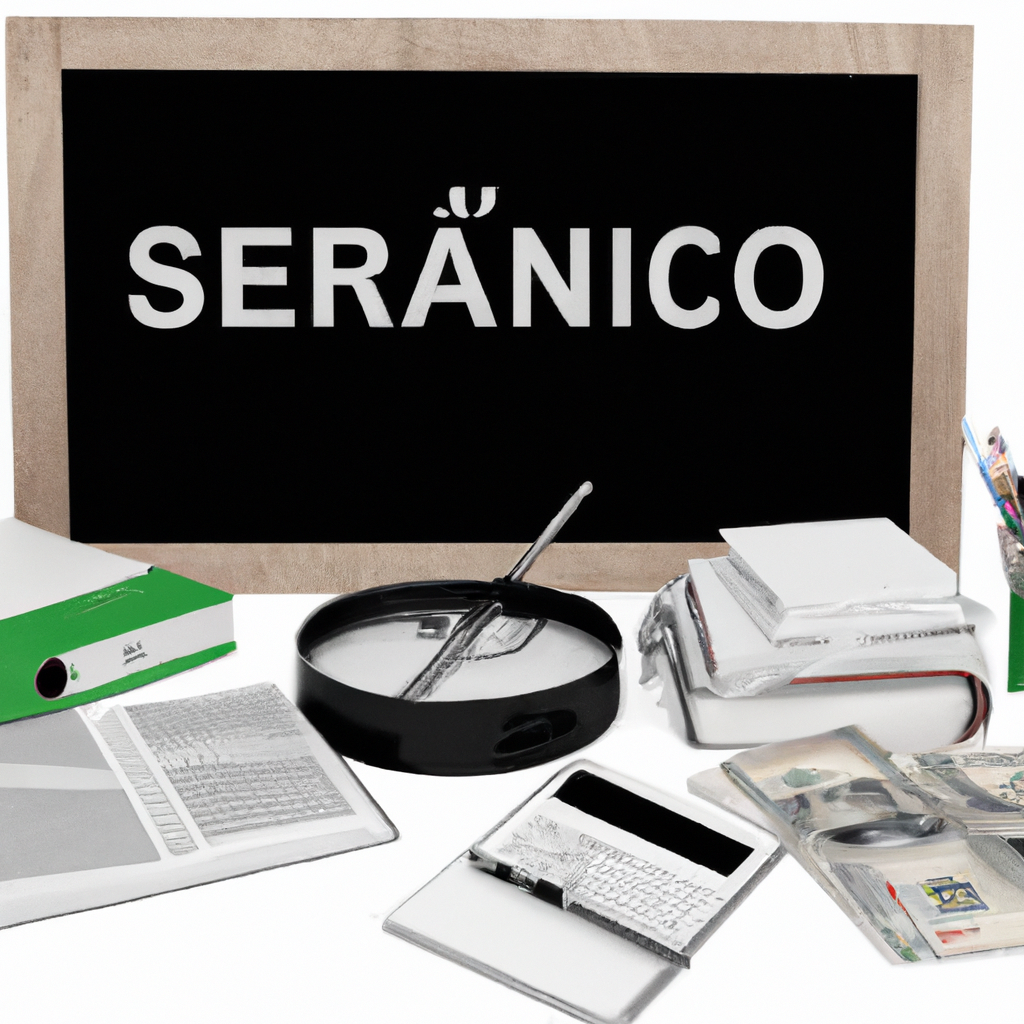10 Essential Financial Education Tips for Freelancers: Efficiently Organize Your Finances
If you are a freelancer, you know how challenging it can be to manage your finances efficiently. The lack of a fixed salary and income variability can make financial control even more complicated. However, with the right strategies, it’s possible to organize your finances effectively and ensure financial stability. In this article, we present 10 essential financial education tips for freelancers that will help improve your financial health and achieve your financial goals.
Tip 1: Establish a Monthly Budget
One of the first steps to organizing your finances as a freelancer is to establish a monthly budget. Note all your fixed and variable expenses, as well as your monthly income. This way, you’ll have a clear view of where your money is going and can identify areas where you can save.
Tip 2: Separate Personal and Professional Finances
It’s crucial to separate your personal and professional finances. Have separate bank accounts for your personal expenses and your business. This will help keep your finances organized and facilitate the analysis of your business’s financial performance.
Tip 3: Set Financial Goals
Define clear and achievable financial goals for your business. This can include creating an emergency fund, purchasing equipment, or expanding your business. Having clear goals will help maintain focus and motivation to achieve your financial objectives.
Tip 4: Invest in Financial Education
Investing in financial education is essential to improve your financial management as a freelancer. Look for courses, workshops, or books on personal and business finances. The more you learn about the subject, the better your ability to make smart financial decisions.
Tip 5: Plan for Taxes
As a freelancer, it’s important to be aware of tax obligations and plan accordingly. Know the tax rules that apply to your business and be prepared to meet all your tax obligations. This will help avoid unpleasant surprises at the end of the year.
Tip 6: Establish an Emergency Fund
Having an emergency fund is crucial for dealing with financial setbacks, such as a drop in demand for your services or unexpected expenses. Try to save at least 3 to 6 months’ worth of expenses in a separate account to ensure your business’s financial security.
Tip 7: Closely Monitor Your Finances
Keep regular control of your finances by closely monitoring your income and expenses. Use financial management tools, like spreadsheets or apps, to record all transactions and ensure you are always aware of your financial situation.
Tip 8: Negotiate with Suppliers and Clients
Always be on the lookout for negotiation opportunities with suppliers and clients. Seek to obtain discounts, more favorable payment terms, or increase your prices according to the quality of your service. Efficient negotiation can significantly contribute to your business’s financial health.
Tip 9: Diversify Your Income Sources
As a freelancer, it can be risky to rely on a single source of income. Consider diversifying your income sources by offering new services, expanding into new markets, or creating complementary products. Diversifying your income sources can help ensure your business’s financial stability.
Tip 10: Seek Financial Guidance
If you find it difficult to manage your finances as a freelancer, don’t hesitate to seek guidance from a financial professional. A financial advisor can help identify improvement opportunities, develop strategies to achieve your financial goals, and ensure your business’s long-term sustainability.
Conclusion
Managing finances as a freelancer can be challenging, but with the right tips, it’s possible to organize your finances efficiently and achieve your financial goals. Establishing a monthly budget, separating personal and professional finances, setting clear financial goals, and investing in financial education are some of the essential strategies to improve your financial health. Remember to closely monitor your finances, negotiate with suppliers and clients, diversify your income sources, and seek financial guidance whenever necessary. With discipline and planning, you can achieve financial stability and success as a freelancer.
